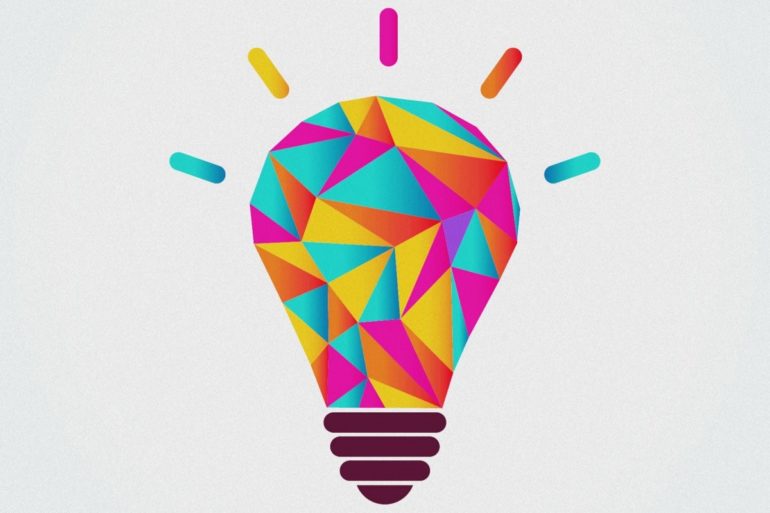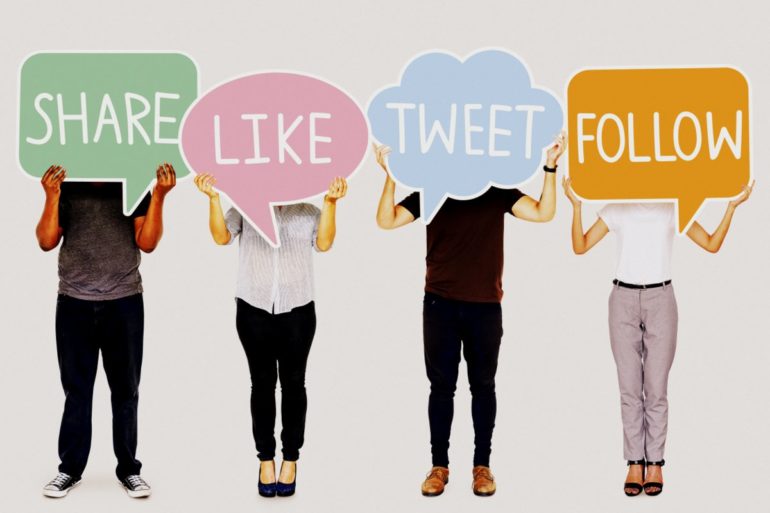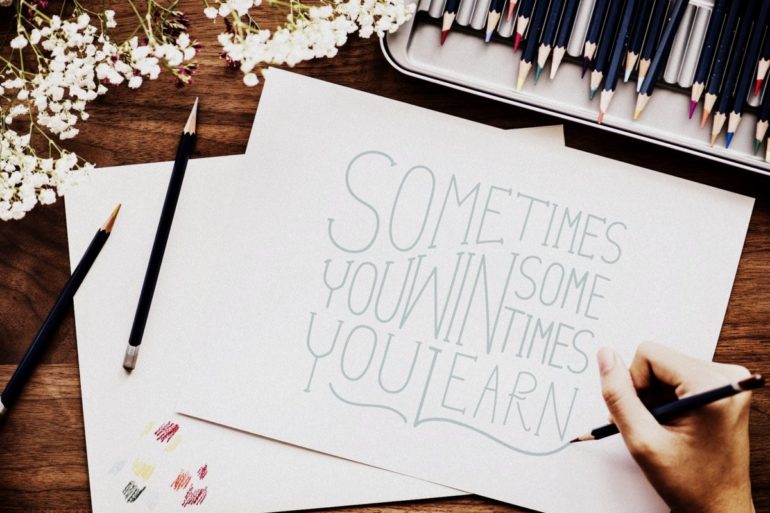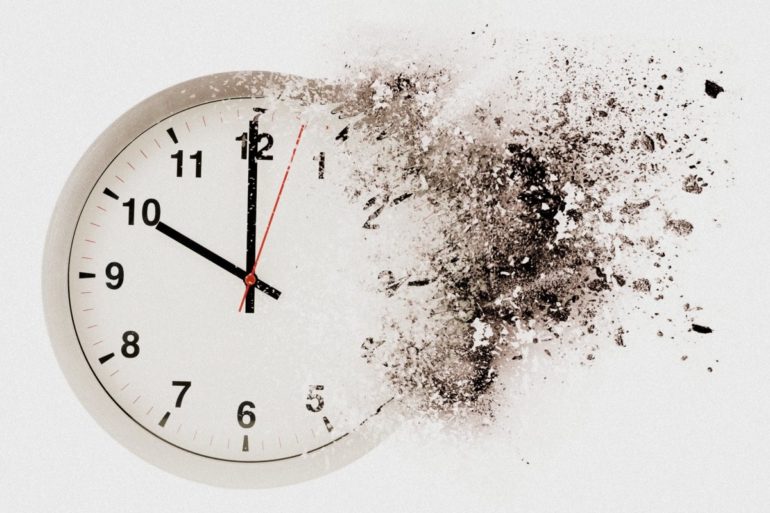Research led by a leading expert on the positive benefits of napping suggests that Rapid Eye Movement (REM) sleep enhances creative problem-solving.
We all know that getting a good night's sleep is good for our general health and well-being. But new research is highlighting a more surprising benefit of good sleep: more feelings of gratitude for relationships.
It seems really simple: If you want to achieve something, set a goal and then make specific plans to implement it.
How do ideas spread? What messages will go viral on social media, and can this be predicted?
Educators have tried to boost learning by focusing on differences in learning styles. Management consultants tout the impact that different...
You win some, you lose some. Such are life's ups and downs.
When faced with a difficult decision, we try to come up with the best choice by carefully considering all of the options, maybe even resorting to lists and lots of sleepless nights.
Some argue that happiness is not having what you want, but wanting what you have.
Why do "Aha!" moments sometimes come easily - and sometimes not at all?
Styles change and fashions evolve. But why do some things become more popular than others?
Psychological scientists have found that the size of different parts of people's brains correspond to their personalities; for example, conscientious people tend to have a bigger lateral prefrontal cortex, a region of the brain involved in planning and controlling behavior.
Most of us experience ‘gut feelings’ we can’t explain, such as instantly loving -- or hating -- a new property when we’re house-hunting or the snap judgments we make on meeting new people.
Contrary to popular belief, the people who become truly famous, stay famous for decades.
But after studying common roadblocks to problem-solving, a cognitive psychology researcher has developed a toolkit for enhancing anyone's skills.
Whether bloggers are writing to change the world, or just discussing a bad break-up, they may get an extra boost of motivation from traffic-measuring and interactive tools that help them feel more connected to and more influential in their communities.
When dreaming is believing: Dreams affect people's judgment, behavior
Whether it's sports, poker or the high-stakes world of business, there are those who always find a way to win when there's money on the table.
Iconoclasts are individuals who do things that others say can't be done.
What should you do when you really, REALLY have to go? Make important life decisions, maybe?
Scientists have identified for the first time a particular gene's link to optimism, self-esteem and "mastery," the belief that one has control over one's own life — three critical psychological resources for coping well with stress and depression.
You might think that a loving partner helps keep you on track -- say, when you want to stick to your jogging or concentrate on your studies.
Whether you are a habitual list maker, or you prefer to keep your tasks in your head, everyone pursues their goals in this ever-changing, chaotic environment.
When we're waiting in line or sitting in a boring meeting, time seems to slow down to a trickle. And when we get caught up in something completely engrossing - a gripping thriller, for example - we may lose sense of time altogether.
Calling it a ‘right brain’ phenomenon is too simple, researchers say It takes two to tango. Two hemispheres of your...
Can money buy happiness? Is ignorance truly bliss? Are happy people shallow and unaware of the problems of the world? Can a person be too happy?
If you think having loads of money, fetching looks, or the admiration of many will improve your life -- think again.
Many people who are new to entrepreneurship approach the world of business in some rather funky ways.
How many times have you spent hours slaving over an impossible problem, only to take a break and then easily solve the problem, sometimes within minutes of looking at it again?
If it feels like one part of your brain is battling another, it probably is, according to a study published in Science.
So many acts in our daily lives -- refusing that second slice of cake, walking past the store with the latest gadgets, working on your tax forms when you'd rather watch TV -- seem to boil down to one essential ingredient: self-control.






























